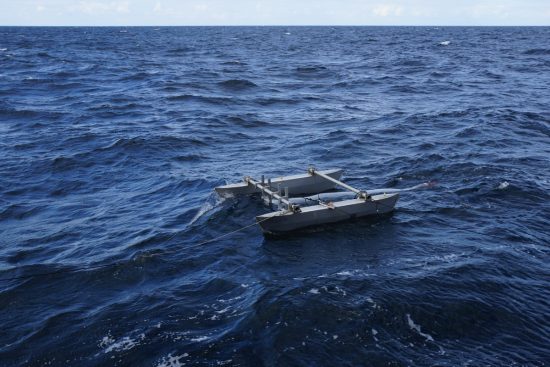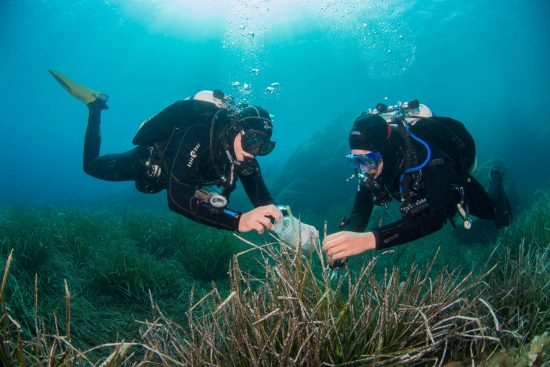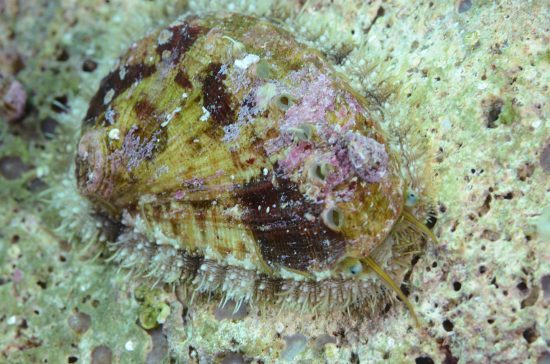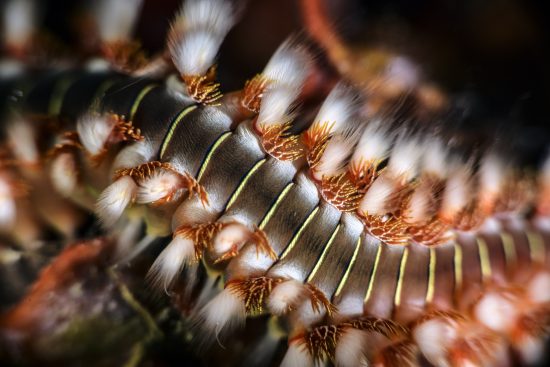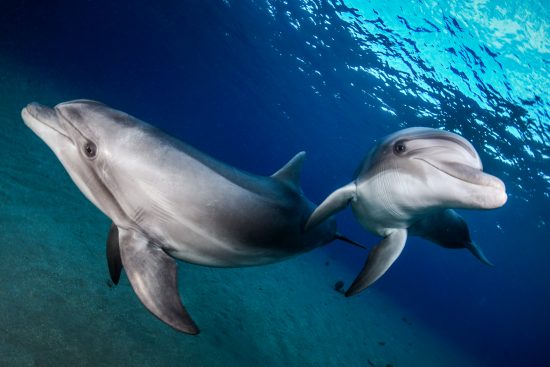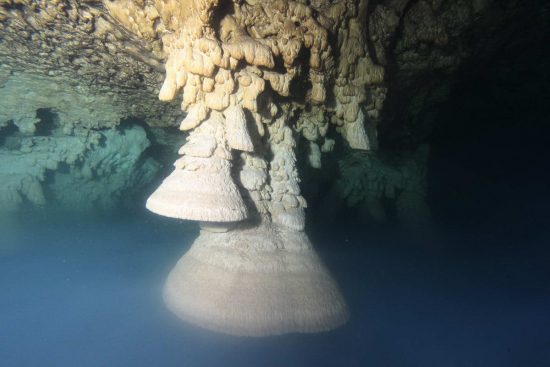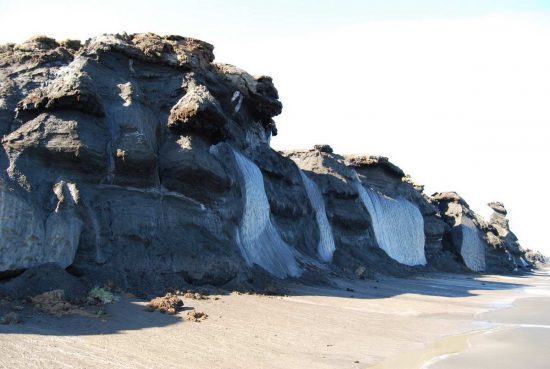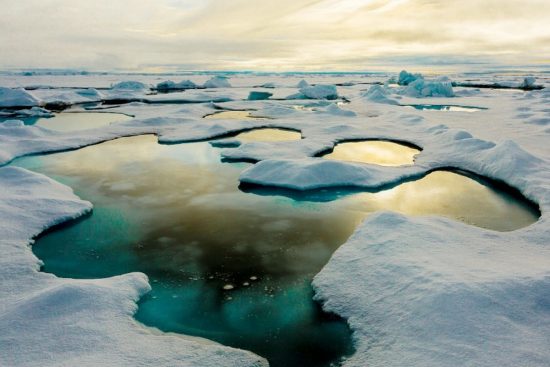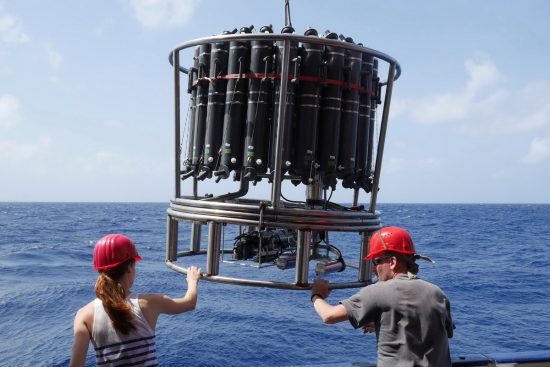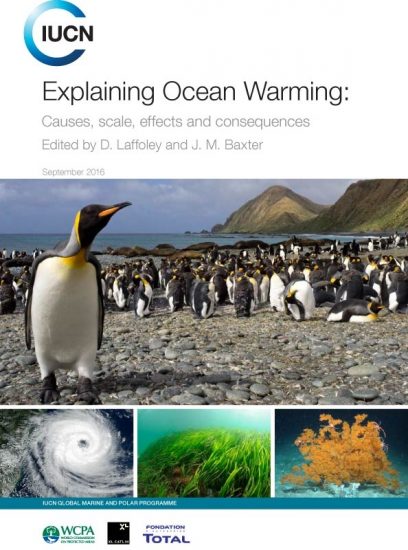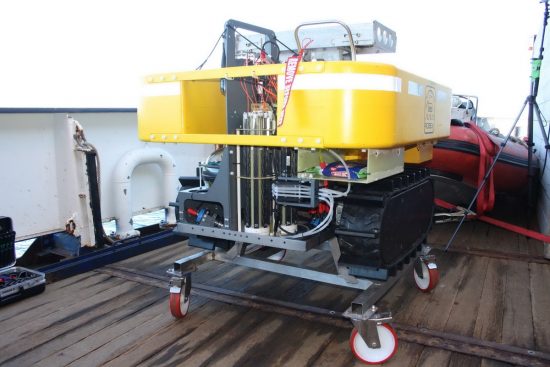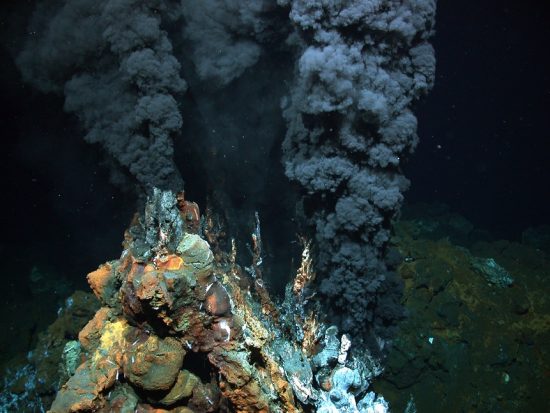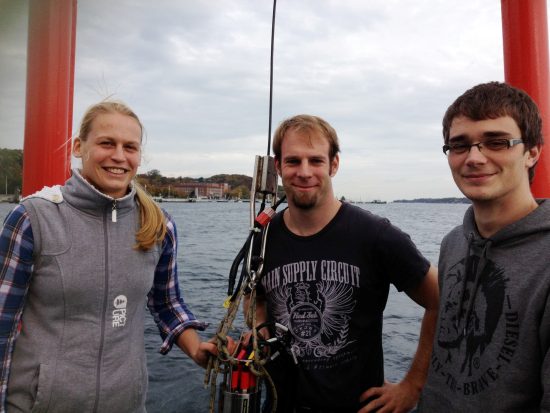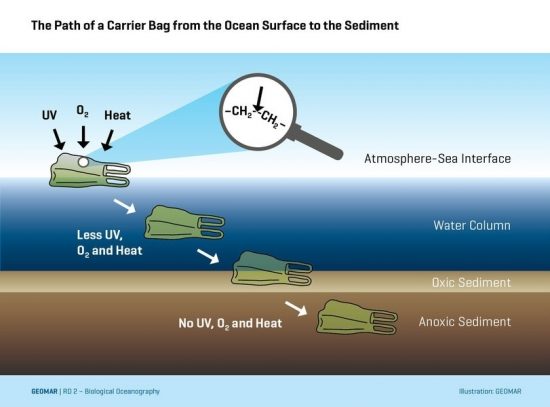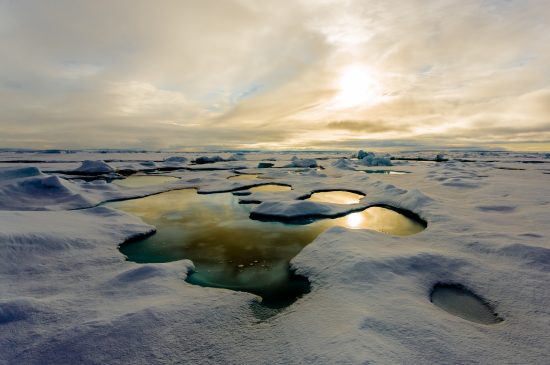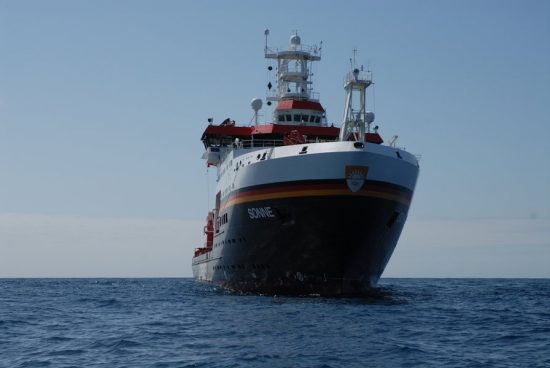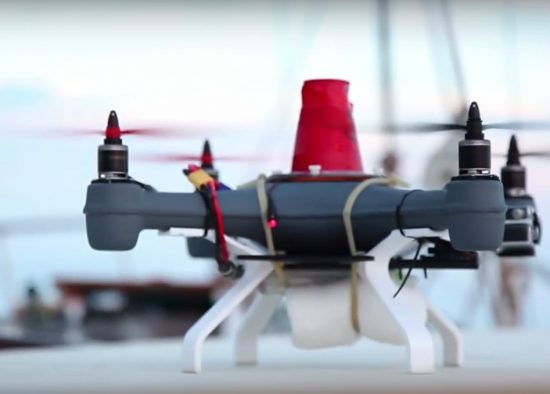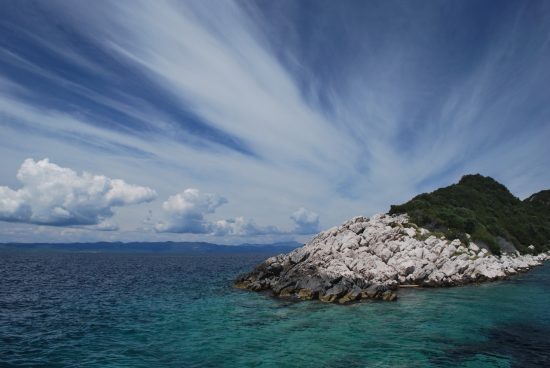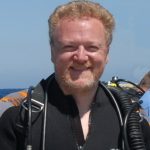
Potentially pathogenic bacteria discovered in microplastic particles
by Herbert - 28th July 2016
Bacteria population soars when temperatures increase Rising water temperatures have made it more likely for potentially pathogenic bacteria to make…
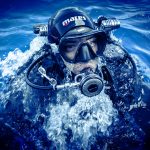
Divers explore bacteria and other microorganisms
by Mares - 11th November 2015
A CMAS-certified team of scientific divers began its work on Braunschweiger Leibniz Institute DSMZ German Collection of Microorganisms and Cell…
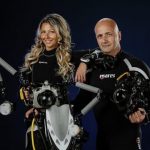
Galloping Through The Sea: The Fascinating Abalone
by Ivana and Janez - 24th October 2024
When you think of oceanic wonders, majestic dolphins or playful sea otters might come to mind. But let’s not overlook…

The bearded fireworm
by Ivana and Janez - 25th October 2021
Bearded fireworm, Hermodice carunculata (Pallas, 1766) The bearded fireworm is a marine bristle worm that lives throughout the tropical coastal waters of…

Scuba Equipment Disinfection – Rely+On™ Virkon™
by Mares - 28th June 2021
[EN] During this period of emergency, we believed it was important to evaluate the disinfection protocol of a company which…

Most loved marine mammals
by Ivana and Janez - 15th January 2021
Everyone loves dolphins, and it is probably the dream of most divers to dive with dolphins, the most loved cetaceans.…

Mares AST Dry System Technology
by Mares - 19th April 2019
Most Mares regulators are now equipped with the new and exclusive AST system (Auto Sealing Technology) as standard. This specialised,…

Hells Bells: Unique underwater stalactites in Yucatán Caves
by Herbert - 12th December 2017
Researchers study how Hells Bells was created In recent years, scientists have identified a small group of stalactites in which…

EU project Nunataryuk investigates effects of permafrost thaw
by Herbert - 27th November 2017
Fragile Arctic environment threatened by retreating permafrost Permafrost makes up a quarter of the land mass in the Northern Hemisphere.…

Increase in melting sea ice may lead to higher food supply in Arctic
by Herbert - 26th September 2017
In the Arctic, melt ponds are formed every year when snow and sea ice melt at the end of winter.…

Iron deficiency inhibits marine microbes
by Herbert - 26th May 2017
Scientists discover important process in nutrient cycle in tropical North Atlantic Iron has been identified as an important nutrient for…

IUCN Report: “We are making the world sick”
by Mares - 9th September 2016
Drastic changes within the marine environment Since the 1970s, the oceans have absorbed more than 93 percent of the enhanced…

Underwater robot begins one-year mission
by Mares - 28th July 2016
Autonomous deep-sea robot at work Deep on the Arctic seabed, an autonomous deep-sea robot has been hard at work, having…

Exploring hydrothermal vents at Azores archipelago
by Mares - 23rd July 2016
Researchers investigate hydrothermal vents on research vessel's 30th anniversary cruise Welcome to the world of the hydrothermal vents, where organisms…

Proportion of unicellular plankton much higher than previously thought
by Mares - 29th April 2016
Unicellular planktonic organisms play a more important role in the marine ecosystem than previously thought. This was the conclusion drawn…

Researchers measure decomposition in polyethylene and biodegradable bags
by Mares - 15th February 2016
Plastic waste is now found in practically every part of the world, from the Antarctic coasts to the ocean depths.…

Gliders collect data on new eddy off Peruvian coast
by Mares - 30th January 2016
In January and February 2013, a subsurface anticyclonic eddy formed in the Peru-Chile Undercurrent, allowing researchers to document the creation…

Melosira Arctica named algae species of 2016
by Mares - 19th January 2016
Researchers have named the Melosira arctica, one of the major algae species in the Arctic Ocean, as Algae of the…

Antibiotic-laden farmed salmon taken off shelves
by Mares - 30th November 2015
Consuming salmon –choosing between antibiotics and genetic engineering When it comes to farmed salmon, the news coming out of the…

Can a deep-sea ecosystem recover from human intervention?
by Mares - 26th November 2015
What would the ecological consequences be if the quantity of polymetallic (e.g. manganese) nodules in the deep sea was reduced? Would…

Drone used to collect whale “sample”
by Herbert - 8th September 2015
Research made possible via crowdfunding The scientists at Ocean Alliance have a mission to study whales in the wild, and…

Plankton Found To Be Factor In Cloud Formation
by Mares - 27th July 2015
In a recent study, scientists have shown that plankton promoted cloud formation over the oceans. Using satellite measurements and computer…





